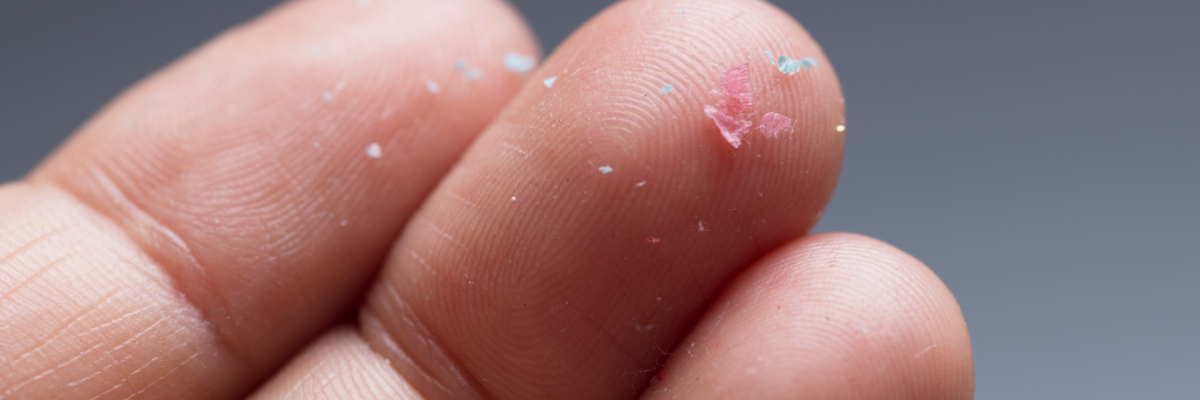The study was published in the journal NPJ Science of Food and presents a summary of numerous other scientific works on micro- and nanoplastics in food products.
In their new work, scientists have proven that food packaged in plastic—such as meat delicacies, cheese, and tea bags—is also contaminated with micro- and nanoplastics. It was found that the contamination of food with polymer materials occurs during routine actions such as opening food items, cutting them on a chopping board (which is often made of plastic), dipping a tea bag in hot water, or opening and closing bottles with plastic caps.
It is known that during the production, processing, and packaging of food, thousands of chemical substances are introduced into the products, which we then consume along with the food. These substances can cause various diseases of the endocrine and reproductive systems, as well as cancer, genetic mutations, and other health issues. For instance, researchers have detected plastic particles in brain tissue, lungs, liver, blood, and even in breast milk and the placenta. Micro- and nanoplastics found in the tissues of the carotid artery double the risk of heart attacks and strokes.
The spread of microplastics is a global problem that requires a systemic approach to reduce the production of polymer-based materials. To reduce the risk of such substances entering the human body, it is advisable to use containers made of stainless steel or glass instead of plastic ones, to avoid heating food in plastic packaging in the microwave, and to refrain from placing plastic containers in dishwashers.
Share this with your friends!





Be the first to comment
Please log in to comment